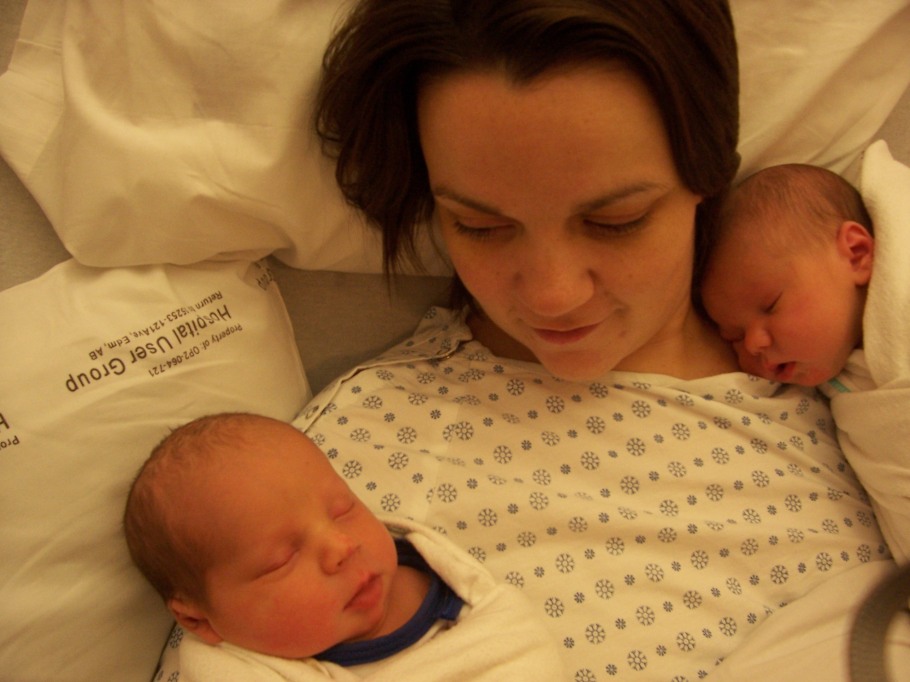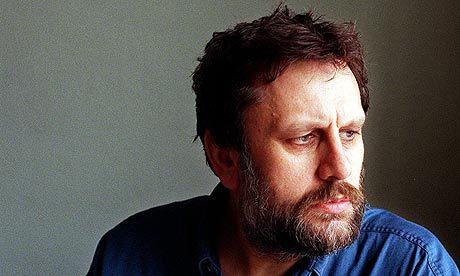"The recognition of divine attributes cannot be taken to mean that for us God is subsumed under general notions, under the loftiest ideas of our knowledge of creaturely reality, and that He participates in its perfections. It is not that we recognise and acknowledge the infinity, justice, wisdom, etc. of God because we already know from other sources what all this means and we apply it to God in an eminent sense, thus fashioning for ourselves an image of God after the pattern of our image of the world, i.e., in the last analysis after our own image....In the case of the professing theologian, the question continues to come back to the simple yet utterly profound test of 1 John 4: Is Jesus God? If one believes this to be so, one then repeatedly puts one's thoughts about God to the test by submitting them to the God that is revealed by Jesus Christ. (Thus the reason why theology continues to be important church practice in every generation.)
[Y]et it remains true that we are invited and authorised by His revelation to name Him with these words of ours in the confidence that in this way we are moving in the sphere of truth and not of falsehood so long as we are always willing to allow Him to be Himself the interpreter of these human words which He has placed upon our lips.
If this is the case, the question of understanding His being in detail, the question of the derivation and distribution of His attributes—however inappropriate such ideas may seem to be at first sight—cannot really be meaningless and void. If we are not to renounce altogether the task of saying who and in what mode God is ... we will not try to evade this very task, however strange it may appear....
The humility of our knowledge of God does not consist in the laziness of the servant who took his pound and buried it (Mt. 25:18), but in the fact that, invited and authorised by revelation to do so, we give God the honour which belongs to Him, to the very best—no less—of our ability, i.e., of the ability which He Himself gives us. But this being the case, we not merely may but must ask in human words and concepts what God is and is not, and in what way He is what He is, and therefore in some sense what are the upper and lower aspects, the right and the left, the contours of His being....
If we refuse to ask these questions, we must consider whether we are not secretly of the opinion that it is preferable to renounce the attempt to know God, or to abandon ourselves in this matter to our own arbitrary opinion or to chance. We must consider how we can accept responsibility for either the one or the other in view of the fact of divine revelation, which takes from us the pretext of our incapacity, and in face of which we have therefore no excuse if—especially in view of the many attempts in this sphere already undertaken in the history of theology—we should wish to prefer laziness to industry or confusion to order."
In the case of the anti-theist or the religious philosopher, the question is whether one's notion of what god would or would not be or do is good enough to reject outright the possibility that Jesus is God. If one does not believe Jesus is God, what reasons does one have? Is it not the case that Jesus is considered not-god because one has elevated something else as the standard for discerning god (as a reality or as a possibility)? On what basis this elevation?
(excerpt from Karl Barth, Church Dogmatics II/1, 333-336, emphasis mine)
(excerpt from Karl Barth, Church Dogmatics II/1, 333-336, emphasis mine)





 "Only a fool would deny that each one of [Barth's] accusations could be on target. The Church would not be a church composed of . . . sinners and tax-collectors, if this itch to ‘lay hands on God’ (which indeed is just another term for sin) did not occur in her each and every day."
"Only a fool would deny that each one of [Barth's] accusations could be on target. The Church would not be a church composed of . . . sinners and tax-collectors, if this itch to ‘lay hands on God’ (which indeed is just another term for sin) did not occur in her each and every day." toward a true problem; of course, the way we use this term in the West, it also mystifies things. For example, I made the simple test: When Martin Luther King, half a century ago, was fighting against racism -- for the rights of the blacks -- he practically never used the term 'tolerance.' We use it today. Why? Because we live in what I call a post-political society: The main problems we have are perceived as cultural problems and so on, and so everything becomes a matter of tolerance.
toward a true problem; of course, the way we use this term in the West, it also mystifies things. For example, I made the simple test: When Martin Luther King, half a century ago, was fighting against racism -- for the rights of the blacks -- he practically never used the term 'tolerance.' We use it today. Why? Because we live in what I call a post-political society: The main problems we have are perceived as cultural problems and so on, and so everything becomes a matter of tolerance.
